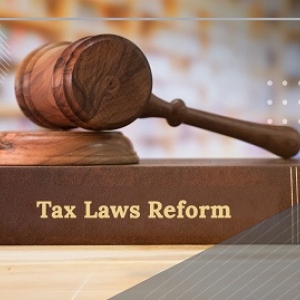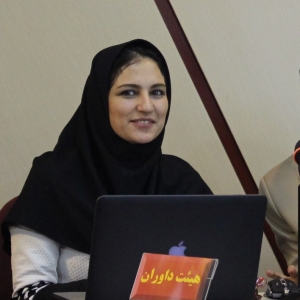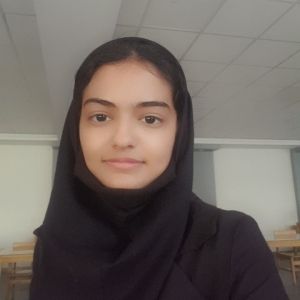
Taxation is recognized as the main source of government revenue in most countries around the globe. States enriched by natural resources (such as oil) are less dependent on taxes, but they have paid more attention to the issue owing to exogenous price fluctuations in recent years and sought to collect taxes in various ways, including value-added taxes (VAT).
For instance, the littoral states of the Persian Gulf region have applied VAT in a coordinated manner in 2018.
In order to collect taxes efficiently and effectively, countries require proper legislation and structures matching with the functions envisaged in the law (rule of law).
In our country (Iran), the execution of tax system is chiefly summarized in two laws of direct taxes and the VAT as existing laws, and the Iranian National Tax Administration plays the role of the body entitled to collect taxes; while the pattern of optimal governance for the tax-collecting system possesses many other features and essentials.
The taxation authority is merely one of the actors in the implementation of tax-collecting processes; therefore, lack of attention to other actors and handing over all tax-collecting processes to one organization has caused serious troubles, including conflicts of interest, which ultimately led to public dissatisfaction with the body.
Sadly, almost all tax-collecting processes in Iran are carried out by the National Tax Administration, and all structures related to the system are defined under the supervision of the organization.
Iran's National Tax Administration is in charge of all affairs from serious and active presence of the institution in the legislature of tax laws as the main representative of the government in implementing reviews, identification and collection of taxes as well as finally tax-related legal actions. Noticeably, the interest of the tax institution in the mentioned cases causes serious conflict of interest in implementing such various processes.
The tasks of the tax system are not restricted to only tax collection, and one of the main reasons behind policy-making and tax-related legal actions is to collect taxes efficiently and reasonably.
Actually, the most important benefit for the tax system is to attain stable earnings in a fair manner and with the least harm to production capacities, and the main purpose of the tax-related legal actions is to deal with disputes and complaints over the quantity and quality of tax collection by the taxation authority.
But as the main objective of the tax body is to collect taxes, as a result other functions will be overshadowed, wherever there are conflict of interest, because the tax authority wants to increase its tax revenues; thus, other obligations will not be implemented appropriately.
In view of the fact that the body among governmental pillars has the most interaction with members of society, public dissatisfaction with its performance can cause people's discontent with the administration and the government. Hence, reformation of the governance pattern of the tax system is very decisive both from economic and social viewpoint.
The purpose of the project
This project is going to be carried out with the aim of assisting the Tehran Chamber of Commerce, Industries, Mines and Agriculture to offer proposals to revise the major laws of Iran's tax system.
The proposals will comprise amendments to the law of direct taxes and a draft of the tax on total individual income.
The process of policy-making interactions to put into practice the suggestions via parliamentary reform plans will be followed in the framework of the project as well.
Sub-objectives
Creation of scientific literature and policy reference in the taxation field
Promotion of the position of the Tehran Chamber of Commerce, Industries, Mines and Agriculture as one of the key foundations in providing tax policy content









